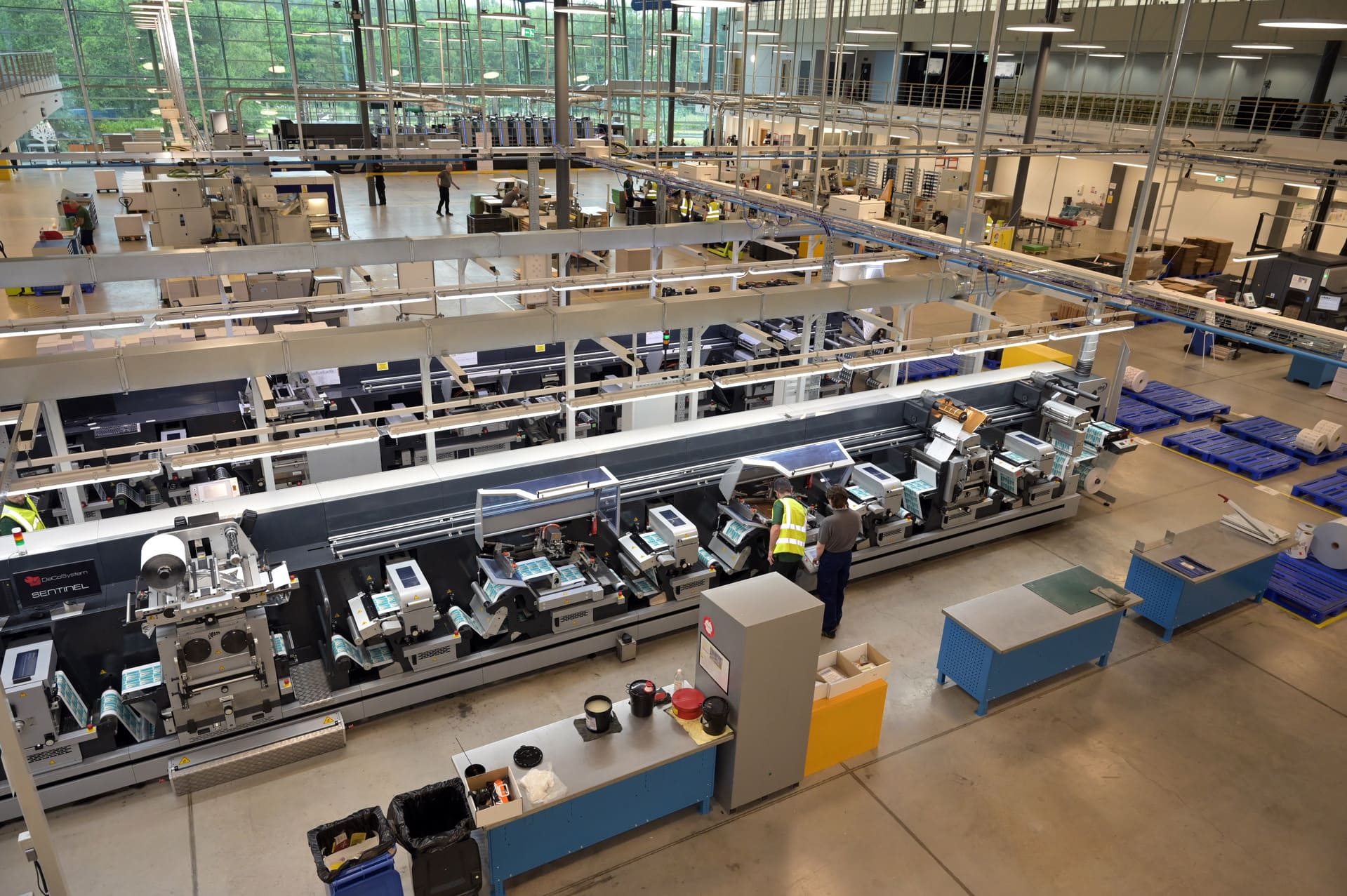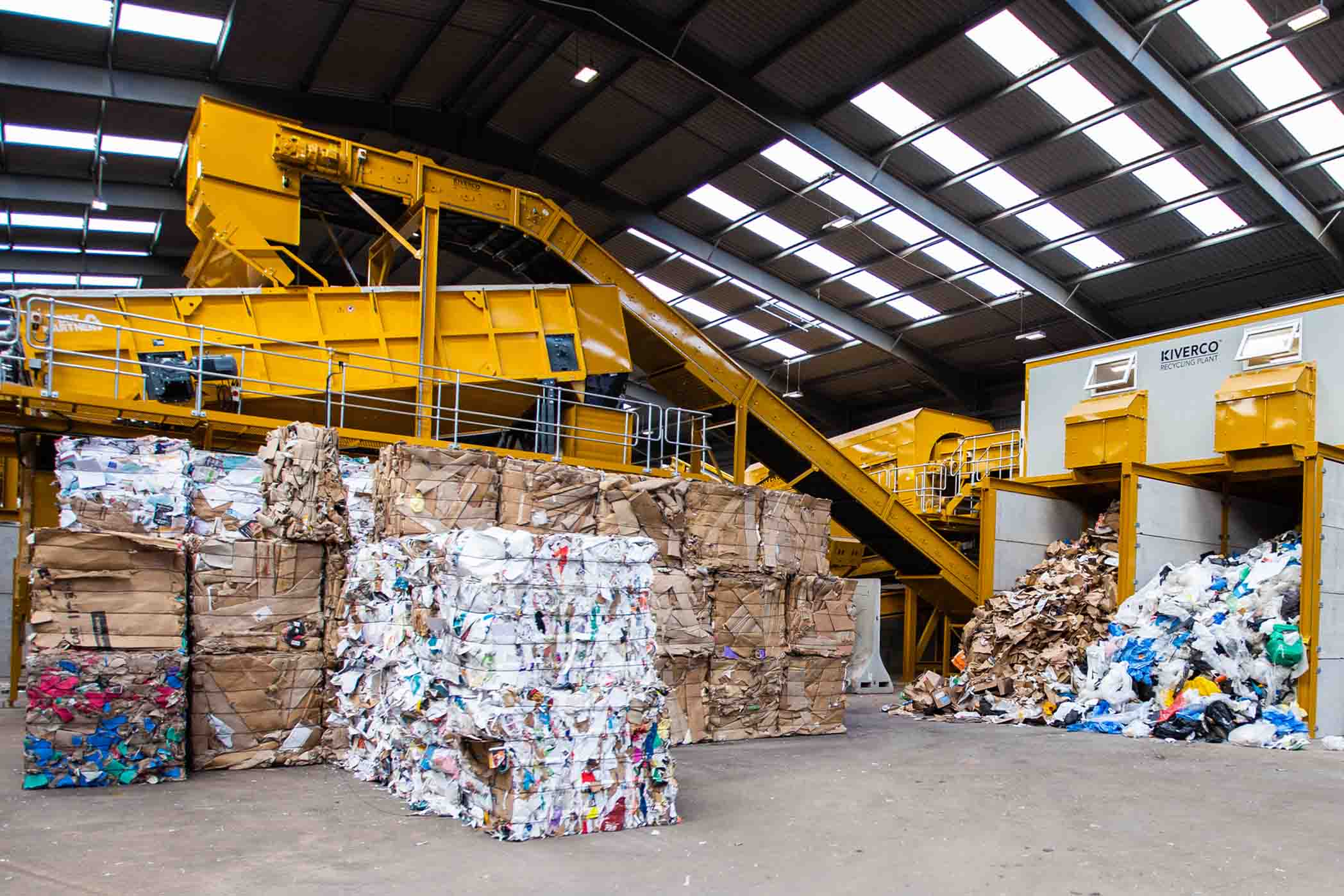Switzerland is one of the biggest industrial exporters per capita
For a small independent country with a population of 8.5 million, Switzerland has become a surprisingly strong industrial powerhouse with an ecosystem that is incredibly competitive. Swiss industry has represented 18% of GDP for many years, and is an important central component of the economy. A highly vigorous global production and research network compliments the strengths of neighboring countries.
Switzerland is home to global companies that represent nearly one-third of the country’s value creation, but it truly is SMEs that dominate. Over 99% of companies employ less than 250 people, and they remain competitive by becoming the indisputable global leaders of extremely innovative targeted products that cater to niche fields.
According to Hans Hans Hess, President of Swissmem, the association for Switzerland’s mechanical and electrical engineering industries (MEM industries), “Innovation is not a top-down mandate, but a grassroots, market-driven innovation culture that is led by the population’s entrepreneurial spirit. Swiss companies are, therefore, intuitively finding technical solutions to many of the world’s socio-economic development challenges.”
The small national market size encourages companies to expand abroad. The Swiss economy is primarily export-oriented, with the ratio of export trade to GDP being one of the highest in the world. While nearly 60% of Swiss industrial exports go to the EU, the USA is the second most important export market and has increased from 9% to 14% over the past ten years.
The Swiss, with their collaborative mindsets lean towards value-creating collaborations that generate jobs and wealth for both parties. Swiss companies have opened USA subsidiaries and on the ground R&D premises
According to Hess, “Swiss industry has proven itself a valuable supplier to American industry. Together through technological advancements we have partnered in solving global challenges in climate change, sustainable energy, urban mobility, and food security. A joining of forces through a FTA will foster further cooperation and open collaborations. There is increasing interest from both sides to continue exploratory discussions, and we all believe the FTA will be a win-win scenario.”
Swiss industry continues to expand through various sectors while heavily investing in R&D. Clusters have been nurtured and carefully grown in life sciences, ICT and advanced engineering. This expertise has cascaded into revolutionary technologies that are transforming medtech, biotech, cybersecurity, fintech, robotics, and industrial design. Companies in these areas are found across Switzerland’s varied landscapes, with a surprisingly large number of them located outside the typical Zurich/Geneva hotspots.
As a production location, Switzerland is expensive but remains a leading base for advanced manufacturing. In addition to experimental robotics and digital solutions that are being locally developed, companies already possess high-performance production facilities that are optimizing their manufacturing processes. These highly automated production facilities rely on an extensive network of existing suppliers that not only understand the advanced production processes of Industry 4.0, but have been installing tried and tested technologies to increase efficiency and cost savings for years.
These optimal conditions create an ideal environment for globally-minded companies to set up high-performance production facilities and important clusters have emerged.
The Swiss life science industry has capitalized on this valuable environment and nurtured the highest work productivity worldwide. This has contributed to the creation of a dense network of biotech, medtech and nanotech companies that export 98% of their turnover. Powerhouses such as Roche, Novartis, and Syngenta have built specialized production facilities, sought value creation, invested in extensive R&D, contributed to increasing Switzerland’s outstanding reputation worldwide, and are cultivating the local talent pool. These investments have been instrumental for chemical and pharmaceutical exports to become Switzerland’s leading value-added good.
The MEM industry cluster, led by internationally-oriented Swiss SMEs, has become the biggest industrial employer, and turned the nation into one of the biggest industrial exporters per capita.
ICT is another widespread cluster. Switzerland has excellent server infrastructure, fast internet connections, and a stable cost power supply. Swiss companies confidently turn to state-of-the-art technologies and become early adopters of advanced ICT solutions. This fertile ecosystem with well seasoned professional human capital has resulted in a strong sector that is actively able to export software and its associated services.
R&D centers are another niche cluster. Cutting edge startups and global corporations such as Apple, Disney, Google, Facebook, IBM, Microsoft, Oracle, and Samsung are actively expanding R&D operations.
Switzerland’s industrial sector is robust, but companies will face considerable challenges in 2020 stemming from global trade conflicts and deteriorating momentum in significant export markets. The global economy is weakening, and this tends to strengthen the Swiss franc which impacts the competitiveness of Swiss industry.
In the face of these developments, Swiss companies have a clear vision. Innovation remains the key to sustaining competitiveness.



























